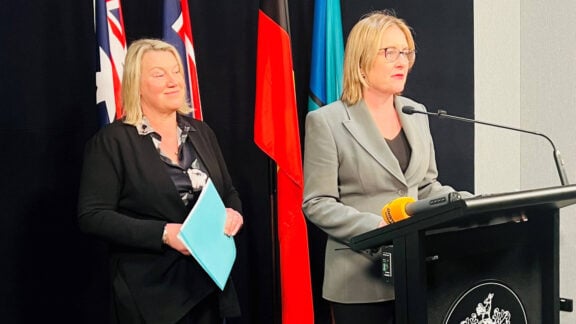A team from the European Commission, European Central Bank and International Monetary Fund will on Monday start a rigorous check of Greece’s progress with implementing economic reforms.
Officials from the three bodies are on a two-week mission to Athens to assess whether the government has met benchmarks required to draw down a second loan tranche in September from a 110 billion euros bail-out package funded by the EU and the IMF.
The Greek Finance minister George Papaconstantinou said he was confident the next loan tranche would be disbursed on time as Greece had already outperformed the targets in an interview published over the weekend.
He said, “We’ve fulfilled the June 30 targets, and gone a step further by having already passed the pension reform,” – a measure that had been due for completed later in the year, according to the EU-IMF program.
Greece signed up in May to a three-year programme of fiscal and structural reforms in order to avert a sovereign default, after spreads on government bonds reached unsustainable levels.
The fund said this month the government had made a “strong start” on reforms and was on track to achieve its target of reducing the budget deficit this year from 13.6 per cent to 8.1 per cent of gross domestic product.
But it warned of looming budget overruns in public transport, the state healthcare system, social security funds and local government.
The government should accelerate “privatising or closing down numerous state enterprises that have proven to cost taxpayers large sums of money,” it said.
Greece’s lossmaking state-controlled transport companies – among them the railways and the Athens bus company – face mounting problems as domestic banks are refusing to provide operating loans in spite of state guarantees.
The experts are expected to seek the immediate liberalisation of product and service markets, including the opening of so-called “closed” professions, from truck-driving to architects and notaries.
“More needs to be done to overcome …. strong resistance” being put up by members of closed professions,” the fund said.
The European Commission is pressing for a rapid deregulation of Greek energy markets, which could include a mandatory break-up of Public Power Corporation, the state electricity utility.
The fund praised the government’s “determination” in pushing through fiscal reforms and a drastic overhaul of the state-funded pension system in spite of sustained opposition from trade unions.
But Mr Papaconstantinou faces mounting opposition from within the governing socialist party to structural reforms that would result in large-scale redundancies at state enterprises.








